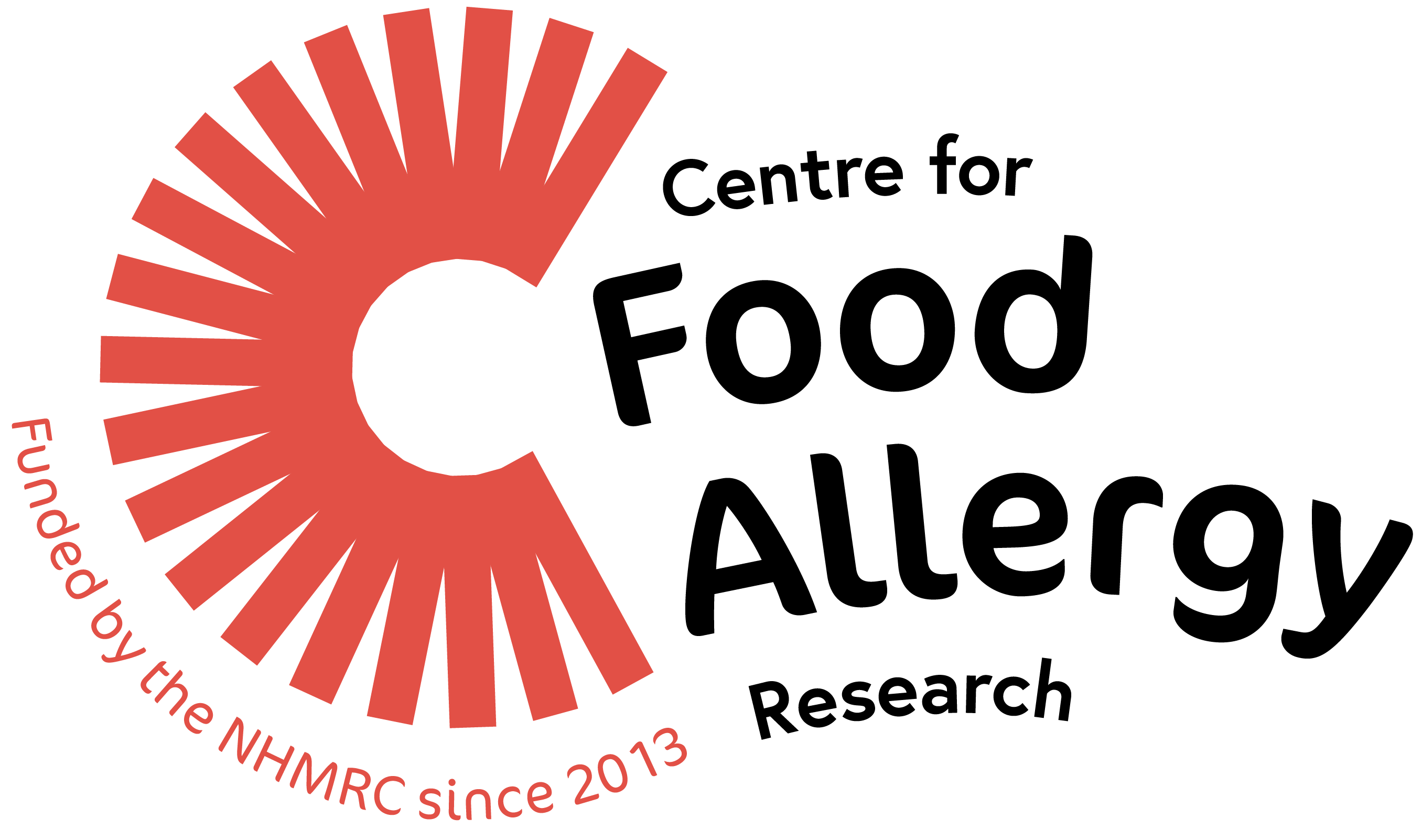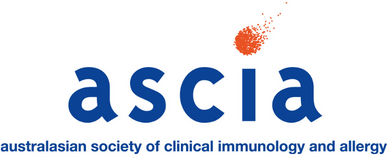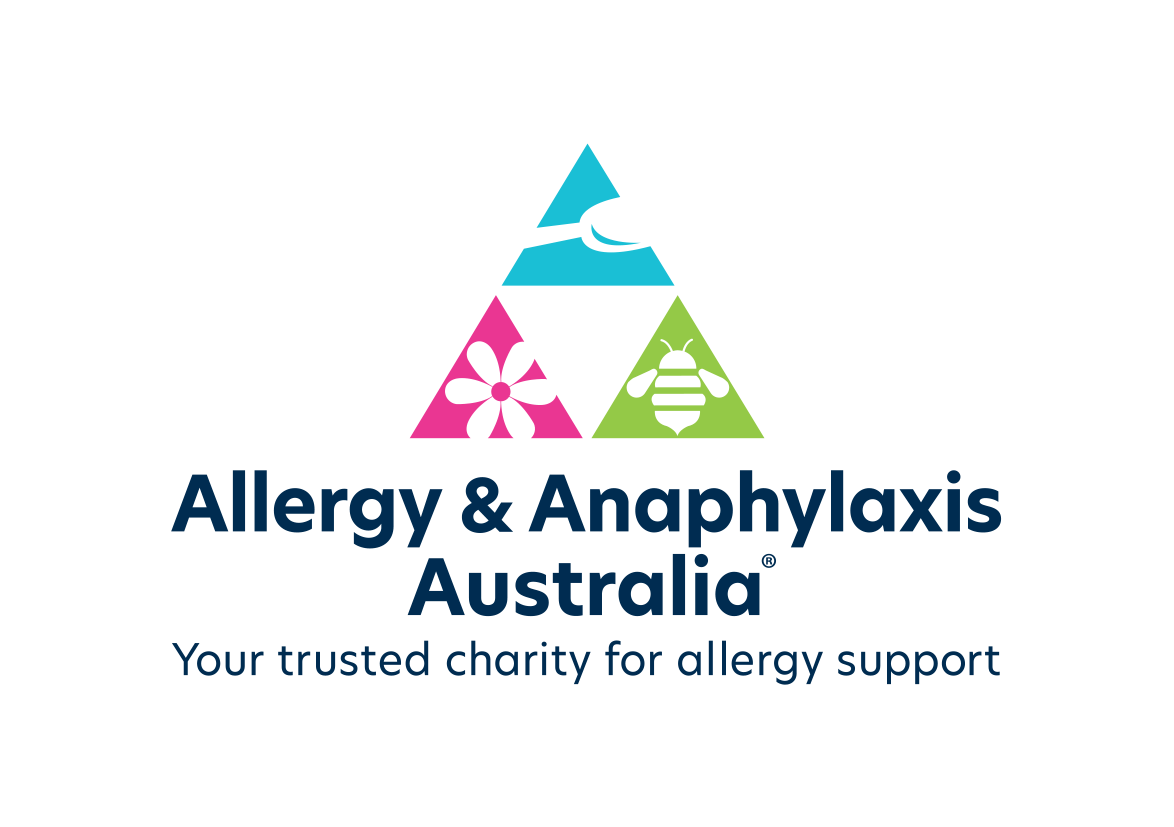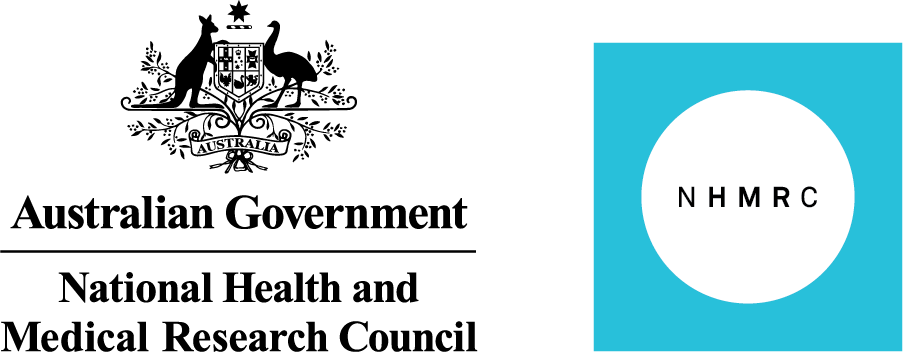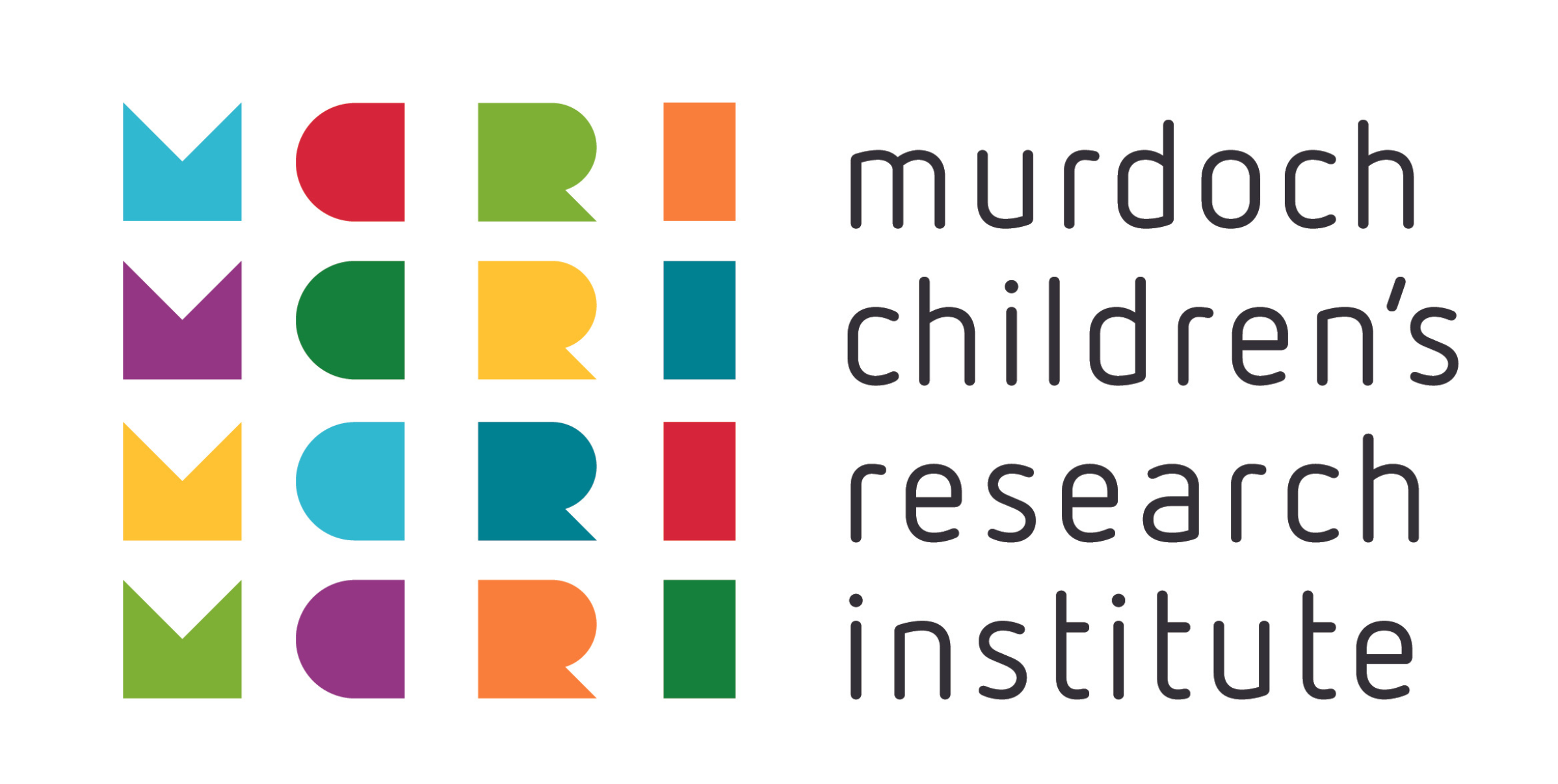Link between food allergies and eating disorders shown in children
- Published
- Wednesday, August 9, 2023 - 12:00 PM
 Children having to follow restrictive diets due to their food allergy has been linked to an increased risk of eating disorders.
Children having to follow restrictive diets due to their food allergy has been linked to an increased risk of eating disorders.
The first investigation of its kind to explore the prevalence of eating disorders among children and adults with food allergy – published in the Journal of Allergy & Clinical Immunology: In Practice – was led by Centre for Food Allergy Research PhD Scholar Daniela Ciciulla.
“We identified eating disorders such as avoidant restrictive food intake disorder (ARFID), anorexia and bulimia nervosa, may be common among people with food allergies,” Ms Ciciulla, also a clinical dietitian, said.
This review included nine published research papers, including 4161 adult and paediatric participants with food allergies. The findings highlighted eating disorders are an emerging problem among people with food allergy, although the extent and prevalence remains unclear.
Ms Ciciulla identified that differences in methods across the nine studies contributed to the variability in results. Larger studies with validated measures to identify eating disorders and food allergy are needed, which her PhD will address.
“The negative impact of food allergen avoidance on nutrition, growth, quality of life and parental anxiety have been well described,” Ms Ciciulla said. “Food allergy has also been associated with a range of disordered feeding behaviours, including excessively limited diets, feeding aversions and limited psychosocial functioning around food and meals.”
Ms Ciciulla added higher rates of eating disorders have been reported in those with chronic diseases requiring strict dietary adherence such as type 1 diabetes, coeliac disease, cystic fibrosis and Crohn’s disease.
“Several case studies have documented the subsequent development of disordered eating behaviours post food allergy diagnosis,” she said.
Psychology referrals for eating problems have been reported in up to 18 per cent of children and adolescents with food allergy.
Currently, there are no guidelines for the assessment of eating disorders when complicated by food allergy. Clinicians should be familiar with the signs of eating disorders and prepared to make an early referral to a credentialed eating disorder multidisciplinary team for assessment and management if an eating disorder is suspected.
The findings come as the Australian Government announced $70 million in grants on Monday for innovative programs to research and treat mental ill-health and eating disorders, improve services, educate health professionals and support patients, their families and carer.
In response to the recent decline in the mental health of children and the rise in self-harm and eating disorders, the Government will provide $50 million for the Medical Research Future Fund’s Childhood Mental Health Research Plan.
The first competitive grant opportunity under the plan will open from September.
Want to take part in food allergy research?
Visit the Allergy Studies Directory and receive email alerts when new studies are listed.
Become a CFAR member
Are you part of the Australian and New Zealand food allergy research community?

